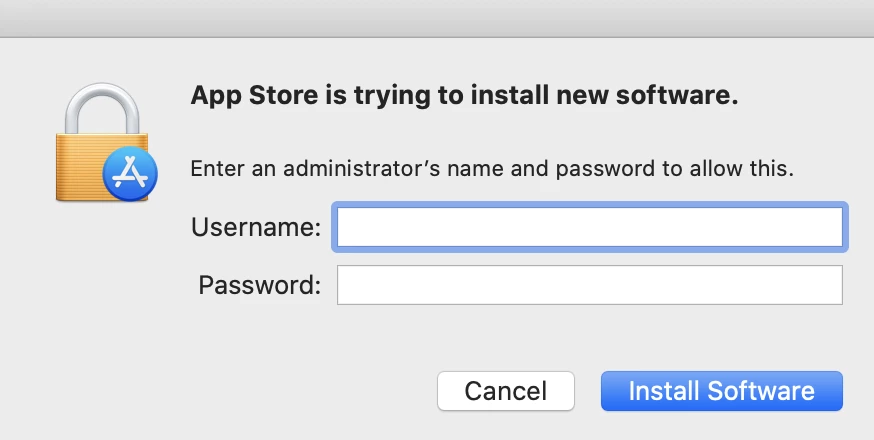Hey all, we've recently run into an issue where apps that have previously been installed either through the Mac App Store, then removed from our JAMF MAS apps are now prompting users for admin credentials in order to updat (See image).
As you can imagine, this is causing quite the disruption for our users, who are not admins on their devices (And we don't run any kind of temporary admin permissions either).
Has anyone else encountered this and, if so, what was your solution?
Some notes:
- We have plenty of VPP licenses (Around 500 for ~200 devices);
- We use ABM to supply all VPP apps, imported from the old iTunes VPP. Previous licenses were purchased under this account, others bought with a new account under the same ABM.




